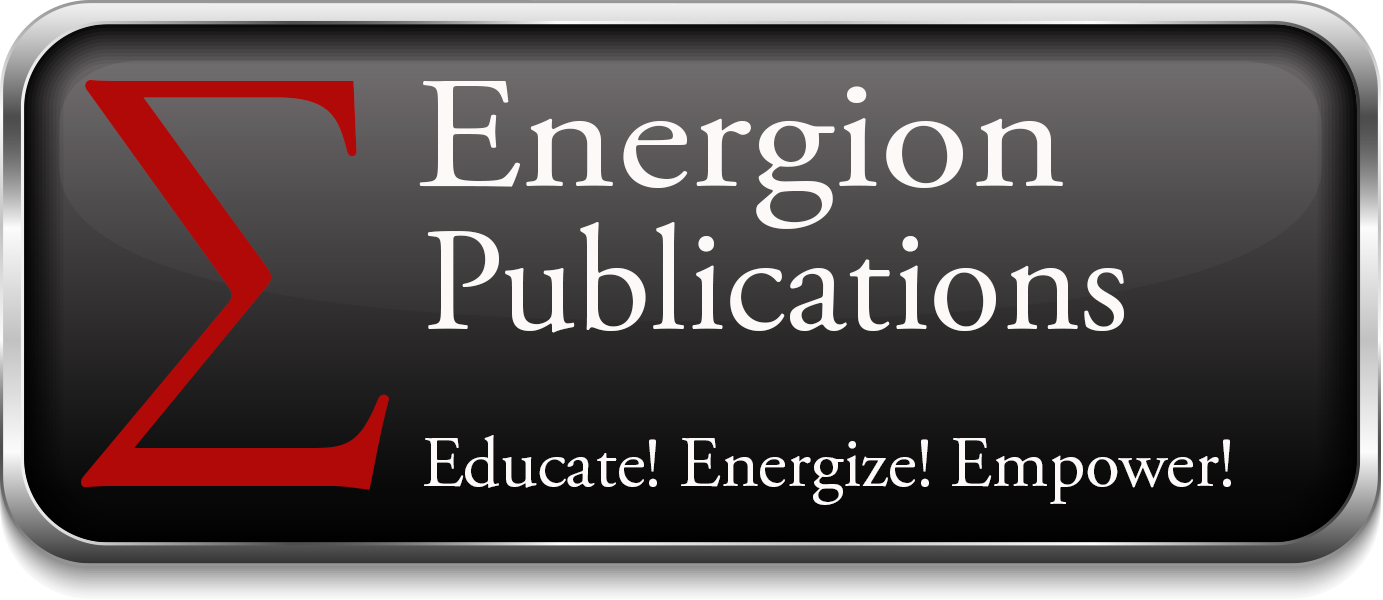Rapture Ready or Not
There’s a title that cries out for punctuation, especially once you learn that it refers to the Rapture Ready web site. I found this via Exploring Our Matrix, and immediately knew I needed to write a piece relating it (or not!) to my study guide on Revelation.
One of the key elements of that page, or at least I think it’s key since it is linked from near the top of the index, is the Rapture Index, which purports to be an indicator of the sorts of events which will precede the end times. Since the author has determined that date setting is bad, he apparently needs an approach that is the next best thing, and this rapture index fills that need.
The whole idea of an index of “prophetic” or “end time” activity is so foreign to me, and I believe to scripture, that I have a hard time knowing where to start. The vast majority of prophetic activity in scripture had nothing to do with end times, but rather was about how people were living. The prophets rebuked and corrected. Even the predictions that they made were usually intended to steer people into the right direction or get them to turn around.
In studying and teaching Revelation I have found that there is little agreement on the details. The popularity of the Left Behind series has made the pre-tribulation rapture and closely related elements of interpretation seem like the interpretation of Revelation in the popular view. But there are many, many views even amongst conservative Christians. For example, there is disagreement about the white horse of Revelation 6:2 and its rider. Is it Jesus, or is it the antichrist? Major interpreters have disagreed about this.
To quote from my study guide, right after I’ve discussed how I studied and found that there were many different views:
I finally came to the conclusion that if God was intending to provide us with a roadmap to the future in Revelation, he had apparently failed. At a minimum, we Christians were unable to read the map. But could God fail?
One of my guiding lights in Bible study has always been:
Everything in the Scriptures is God’s Word. All of it is useful for teaching and helping people and for correcting them and showing them how to live. – 2 Timothy 3:16
Now I’m aware that when 2 Timothy was written, there was no New Testament canon, and in fact, there was no book of Revelation. And yet it seemed to me that if we are to believe that the Bible is a message from God at all, we have to believe that he can see to it that we get the right books. So barring some revelation of my own, preferably accompanied by a burning bush I was prepared to look further at Revelation.
If this book was failing to accomplish what I expected it to accomplish, it was possible to believe that Revelation, its writer, or the one who inspired it, had failed. But it was much more consistent with my understanding of God to believe that perhaps I was looking for the wrong things. So I began to ask myself just what it is that Revelation is supposed to teach.
It’s a method I’ve found very helpful in studying the scripture. When some passage is completely intractable from one point of view, try asking yourself again just what the purpose of that passage is. In the case of Revelation, people have become so used to assuming that proper interpretation of the vision will result in a panoramic view of the end. Often they say that we can’t have an exact timeline, because Jesus said we wouldn’t know that, but we can be generally aware.
People who read one book and don’t consider other sources will often come to the conclusion that there is one clear interpretation of this book. But I urge you to study it from different commentaries and different perspectives. My study guide is designed to lead you through the book looking primarily for principles of God’s kingdom and spiritual lessons. In my study guide I recommend Ben Witherington’s commentary as a good overview.
Above all, make sure to study Revelation from more than one perspective. One view can be very persuasive when taught by itself with no challenge, but that certainty is a false certainty. You need to be aware of the widely varying interpretations that have been applied to this book. It had an original audience. It spoke certain things into their lives, things they would understand and appreciate. In that way it was similar to classical prophecy. It used the language of vision and the imagery and style of apocalyptic. That has particular meaning in terms of how it should be read as well.
Getting a broad perspective on it will help you both to gain more from the book itself, and to avoid unbalanced views that may result in distress for many.

